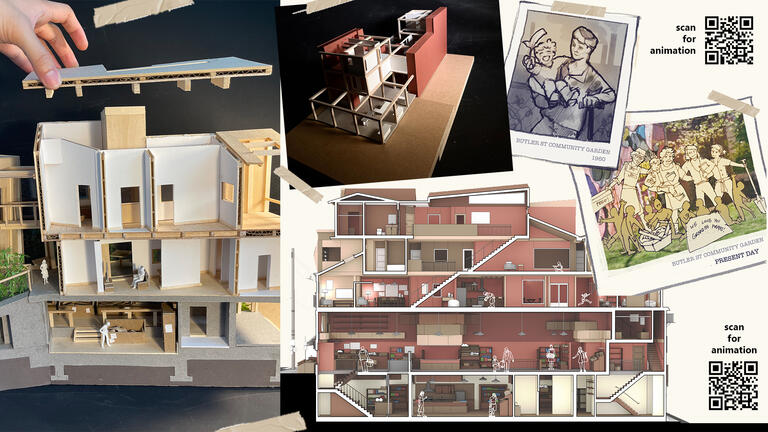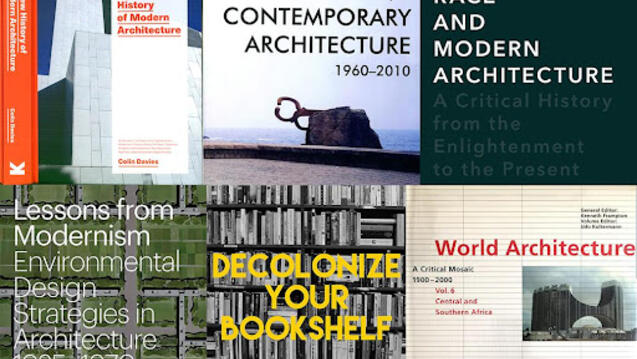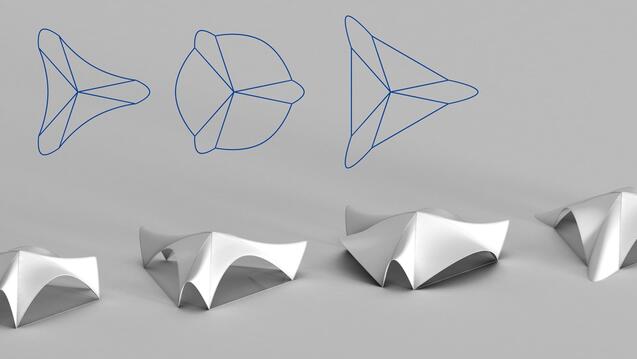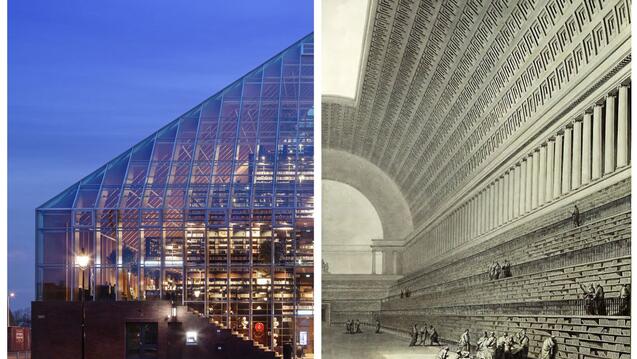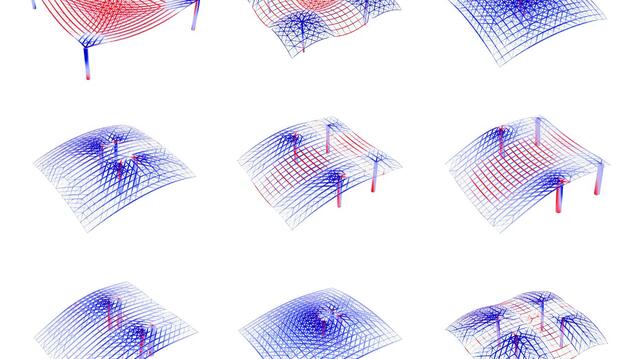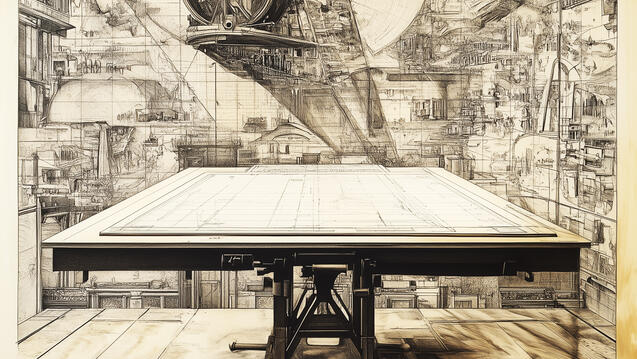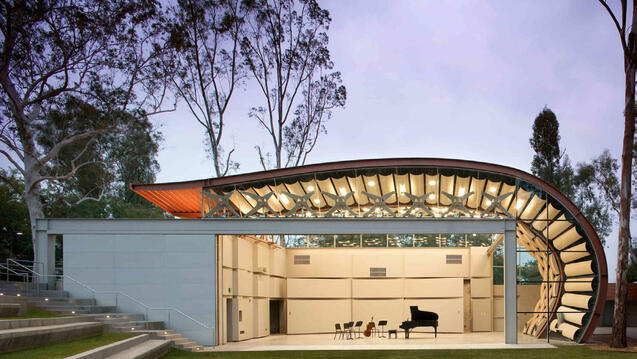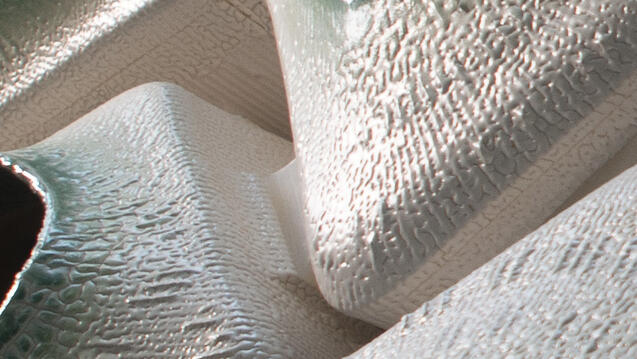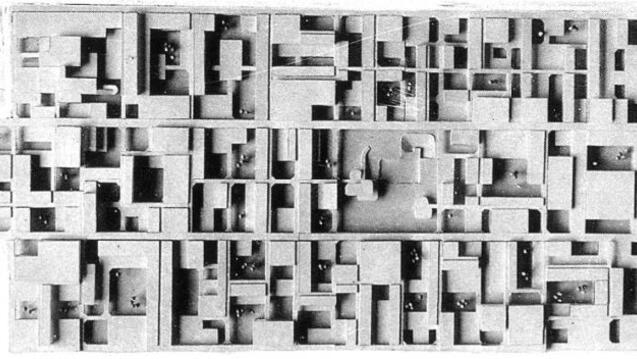This course investigates the history of a wide range of buildings, architecture, cities, landscapes and theory across the 20th century around the world. We interrogate the deep legacies of colonialism, globalization, extractivism and capitalism in which modern architecture so actively participated.
Fulfills minor requirements for: Architectural History, Architecture (non-majors)
Addressing conceptual and practical aspects of the relationship between computation and design, this course explores the fundamentals of generative and rule-based systems for designing and making, along with basic approaches to creative data processing, visualization and materialization using low and high-tech approaches.
Fulfills minor requirements for: Computational Design
This studio introduces integrated architectural design as the synthesis of disparate elements, demands and desires. It situates architecture as a technological, cultural and environmental process that is inherently contingent and entangled yet tethered to a historical project of autonomy.
This course introduces the fundamentals of strength of materials, computational modeling of structures, and basic finite element (FE) analysis. This is a hands-on, skill-building course about learning how to translate a conceptual design intent into a computational structural model, then applying material and boundary condition constraints to analyze and understand structural behavior.
Fulfills minor requirements for: Architectural Technology (non-majors)
This course critically examines capitalist frameworks in real estate development and explores alternatives that prioritize social equity, inclusivity and sustainability.
Fulfills minor requirements for: Architecture (non-majors)
This course critically examines the professional practice of architecture through historical and contemporary lenses. Students explore how the practice of architecture has evolved and the role of the architect in shaping not just the built environment, but societal values and well-being. The course integrates discussions on health, safety, welfare, professional ethics, regulatory frameworks, climate change and career pathways, as well as the challenges of professional practice with present and future AI tools and the legal implications of their use.
This course examines the complex intersections of ethics, power and space that often shape architects' choices. The course is not about mandating any ethical benchmarks. Instead, we work to develop our own processes and strategies to help us navigate difficult ethical quandaries.
Fulfills minor requirements for: Architecture (non-majors)
Theaters and performing arts buildings are among the most complex typologies, consequently they provide an excellent and challenging subject for the study of advanced and comprehensive architectural design. In this studio, students design a new flexible venue to host a variety of different musical and multimedia performances.
This studio explores the intersection of ceramic materiality, building envelope expression and the communicative potential of ornament. In the process, we question the relevance of ornament, craft and materiality in architectural design.
This studio adopts the term “Reparative Infrastructures” to call for a reimagination of infrastructural systems that are decarbonized, decentralized networks that promote other/new proximities. This studio uses the concept of Reparative Infrastructures to address this re-centering of infrastructure as an essential site/tool of architectural investigation.
This studio focuses on the histories within three disciplines – architecture, manufacturing (traditional and digital) and acoustics. The design combines material, tools and methods to synthesize a rich palette of technological resources that expand the creative possibilities of design and allow for a more nuanced and intentional integration of sensory elements.
This studio investigates the Past Futures of the Great American Mississippi River. The studio is focused, in part, on the problem of how we construct facts and our understanding about the built environment.
